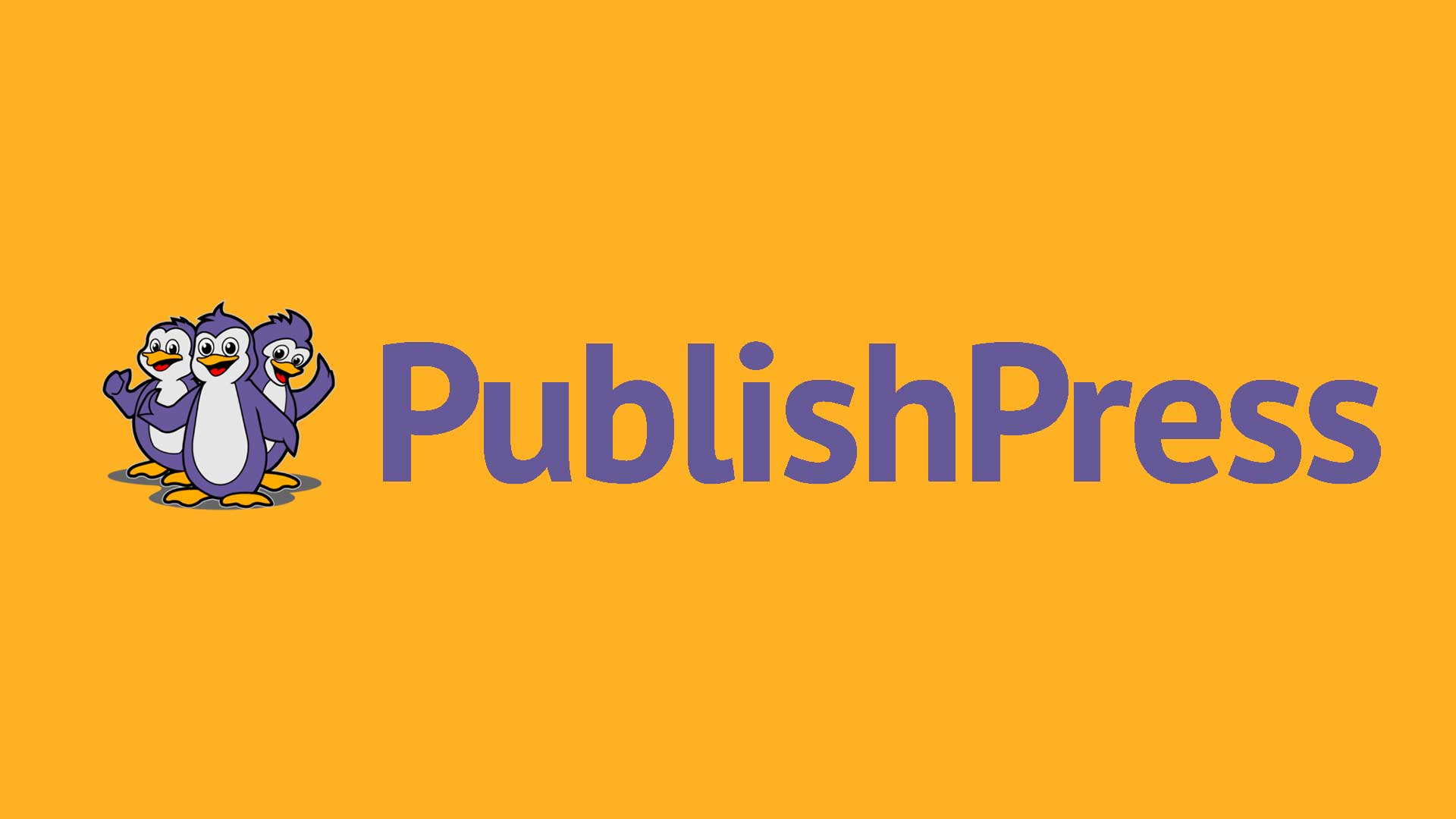The PublishPress family of WordPress plugins are a must for anyone working to a content calendar or wanting to set one up so you are more consistent with publishing content regularly.
This plugin suite is designed to make you more organized and productive, while making it easier and faster to write your posts.
A Comprehensive Content Calendar
Five years ago I realized I needed an editorial calendar for my personal blog to keep all my article ideas organized and scheduled in some way.
During my search I tested all of the top editorial calendar plugins in the WordPress repository. Some were overkill for a single author blog like mine, some were priced out of reach, and others didn’t offer the flexibility, control and ease of use I require.
PublishPress checked all the boxes I wanted and a few I hadn’t thought of before – all in the free version of this amazing plugin. I tested it and its companion plugins and fell in love with the entire system.
I believe in leaving positive reviews for those who make great tools, and when I reached out to the support team at PublishPress to ask where it would be most beneficial for me to leave a review, Steve Burge – the company’s founder – personally responded. He has an entire team, yet took the time to answer me personally. And he continues to do so years later, proving that the exceptional customer service from PublishPress is no accident.
Ultimately I purchased PublishPress Pro, not because I needed its functionality (I don’t) but because I believe in supporting the people who make awesome software. At just $69/year, it’s a steal.
PublishPress Editorial Calendar

Like most software in this category, it’s easy to add, schedule and update posts in Calendar view.
Content Overview allows me to find holes in my content coverage instantly. This tab lists all primary categories on my site and lists all the scheduled content for each one. The categories with no scheduled content are immediately obvious. I LOVE this.
The Settings tab contains two useful tools:
- custom Statuses and
- custom Metadata.
While the base Status types will probably be enough for most users, I used this to add two additional types to assist my workflow. The ability to color-ode each Status type also gives a visual cue when viewing the calendar, making it easy to see where each scheduled article stands. Love it.
Custom Metadata help my workflow by allowing me to name the major deadlines on the road to publication, 1st draft deadline, featured image and publication. These are listed in the Metadata widget beside the post in the edit screen. Again, very helpful.
All of this functionality is free, making it the perfect choice for blogs like mine.
PublishPress, like most plugins in this category, is directed at people running multi-author blogs, but I cannot stress highly enough the importance of an editorial plugin for people like me, as well.
Where I used to struggle with what to do with article ideas and links to content I wanted to write about, PublishPress Content Calendar transformed my ongoing problem into a total non-issue.
Instead of storing links in my browser’s bookmarks (the equivalent of a garbage can with good intentions) I can now easily locate the holes in my content calendar, create a new entry and add my research resources directly into the “content” box in the popup scheduler window.
This has the added benefit of solving the “What will I write about today?” problem that can, far too often, stop us from writing a new post.
I cannot speak highly enough about this plugin, it’s transformative effect on my blogging, or the responsiveness and support from Steve Burge, the plugin’s creator.
PublishPress Suite: Your Complete Editorial Solution for WordPress
Click the Title or Image below to read my detailed review of each plugin in the PublishPress Editorial Calendar Suite.
PublishPress Advanced Gutenberg Blocks: The Benefits of Using a Content Block Plugin for Writing

PublishPress Checklists: the Benefits of Using Checklists for Writing and Publishing

PublishPress Authors: the Benefits of Consistent Author Bio Layouts

PublishPress Series: Benefits of Automatically Linking Articles in a Series

PublishPress Revisions: the Benefits of Using Content Revisions on Your WordPress site

PublishPress Capabilities: 7 Benefits of Managing Access Levels on Your Website’s Backend

PublishPress Permissions: the Benefits of Managing Access Levels in WordPress

PublishPress Future: Benefits of Using a Content Expiration Plugin for Writing and Publishing on WordPress


Leave a Reply